Civic 365: Best Software for Municipal
Civic 365, a cloud-based municipal software on Microsoft 365, enhances service delivery and citizen engagement. It integrates digital and self-service channels to streamline processes like citizen requests, code enforcement, and asset management. This improves efficiency, cuts costs, and boosts staff performance and morale, ensuring transparent, accountable local governance.

Trusted by 7100+ businesses from 152 countries













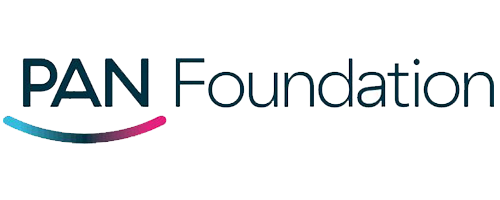



Now Civic 365 App is Available on Microsoft Teams
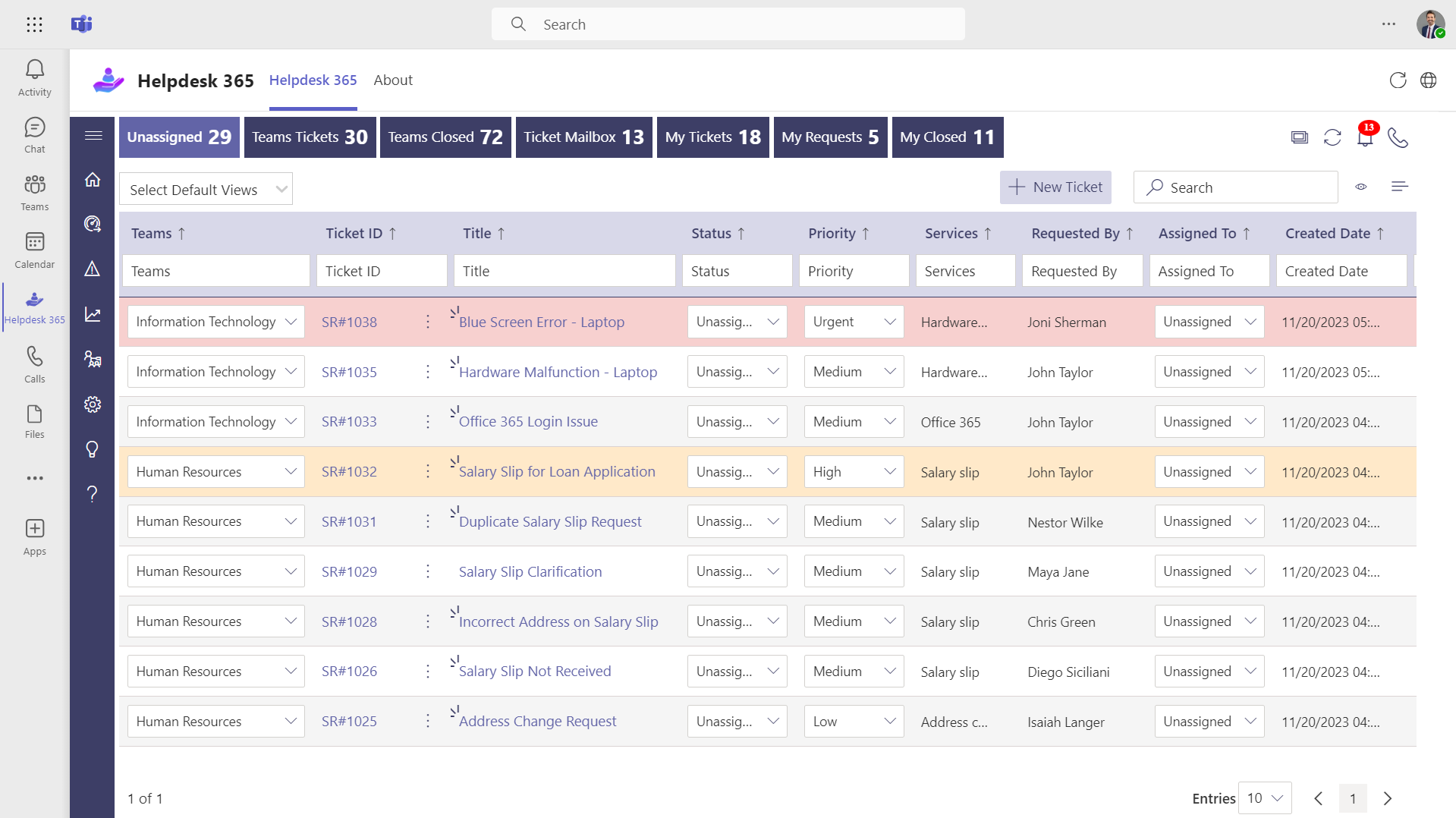
Citizen Relationship Management with Citizen Request App
Citizens are now at the forefront. Across the globe, there’s a strong focus on improving how citizens interact with public services. Inspired by private sector advancements, citizen expectations are evolving, making digital transformation a crucial component of engagement strategies. Enhance your public services by delivering digital solutions crafted with a citizen-first approach.
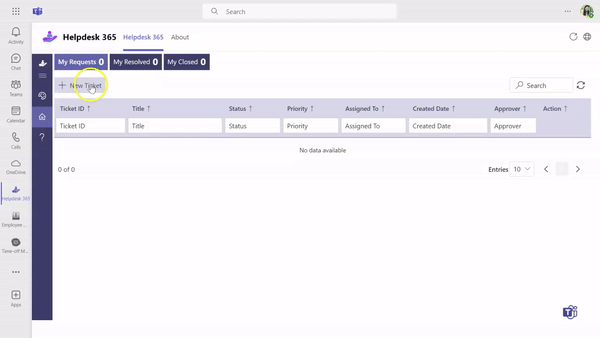
Revolutionizing Citizen Request Management Software
Civic app introduces a groundbreaking method for managing citizen service requests. Our platform, centered around a powerful 311 CRM system, provides seamless, efficient, and intuitive online solutions that integrate effortlessly with essential local government applications. Leveraging the capabilities of Microsoft 365 and Azure, Civic 365 simplifies tracking, reporting, and optimizing citizen concerns.
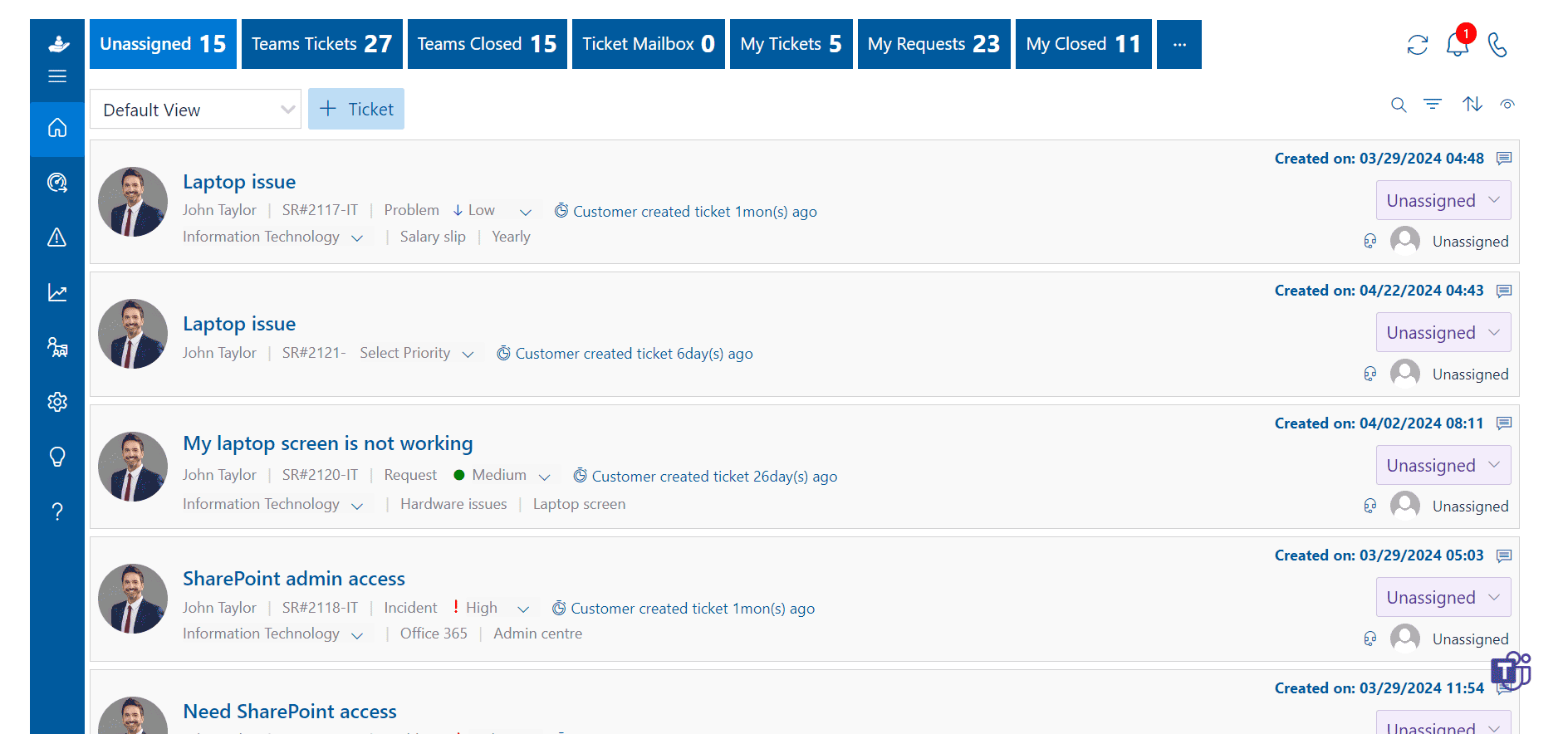
Core Features: Municipal Software
- Rapid Implementation: Effortlessly deploy new service request types with simple point-and-click functionality.
- Extensive Knowledge Base: Access a powerful, searchable repository of information.
- Unified Citizen Portal: A mobile-friendly, self-service platform designed for citizen convenience.
- Call Center Connectivity: Integrates smoothly with your current call center systems.
- Flexible Reporting: Advanced reporting capabilities for better insights and informed decision-making.


Enhancing Government-Citizen Interaction with Citizen Request Software
- Scheduled Escalation: Escalates issues according to pre-defined service level agreements to ensure timely responses.
- Duplicate Detection: Identifies and merges duplicate submissions to streamline request handling.
- Bidirectional Communication: Allows direct and swift updates or follow-up questions to residents.
- Internal Discussion: Supports team collaboration on resolutions with internal comments not visible to the public.
- Performance Tracking: Monitors and evaluates performance against service level agreements.
Boosting Community Involvement: Citizen Request Software
Our Civic app platform enables residents to effortlessly report non-emergency concerns, provide feedback, and access community information. It simplifies processes for government staff, promoting a more collaborative and cohesive community.
- Mobile Accessibility: Minimizes call volumes with a user-friendly mobile app that lets residents report issues anytime, anywhere.
- Enhanced Participation: Fosters active community engagement by facilitating meaningful interactions with residents.
- Seamless Integration: Easily connects with existing government technology solutions for streamlined operations.

Connect Civic 365 with your other Apps
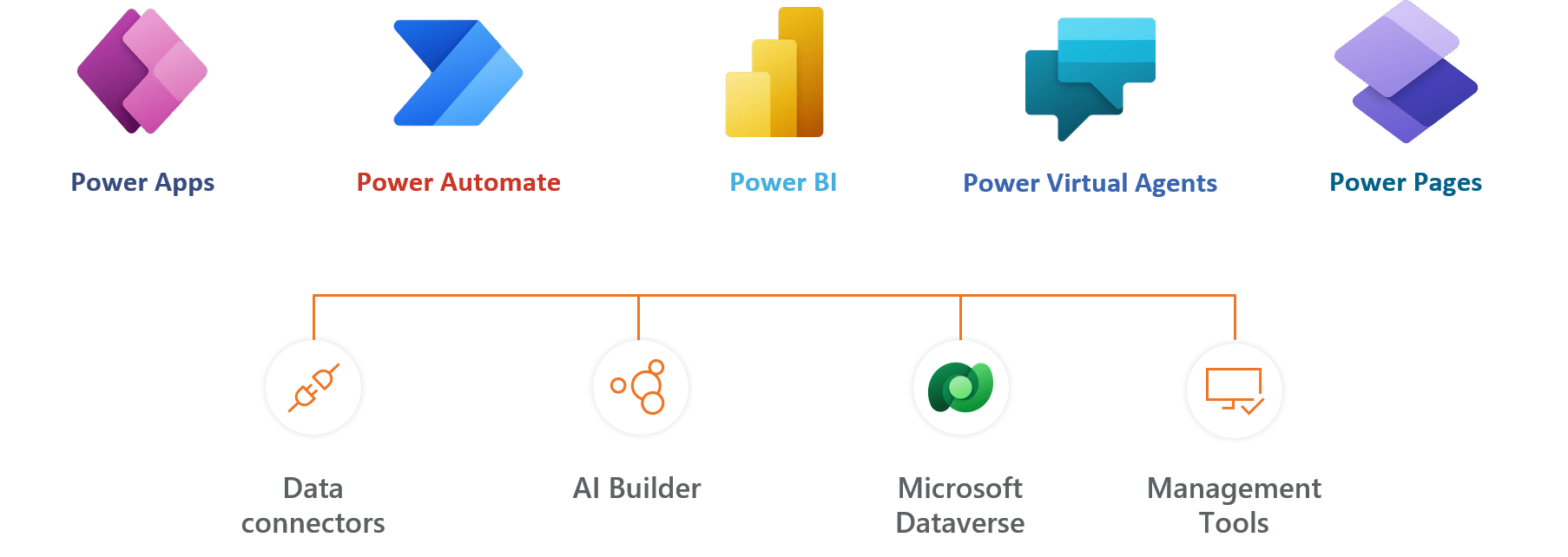
Civic 365 Plans
Standard
$1199
per user / month, billed yearly
Standard Plan Features
- Minimum 5 users
- 25 ticket requesters
- 2 Support tickets per year
- Free updates via Microsoft store
- Integrates with Office 365
- SharePoint-hosted app
- Data stays in your SharePoint
- Custom request types
- Mobile responsive
- Multiple roles
- Smart notifications
- Self Service web forms
- Multiple departments groups
- Multiple departments groups
- Collaboration with ticket requester
Standard
$2499
per user / month, billed yearly
Standard Plan Features
- Integrates with Office 365
- Data stays in your Microsoft 365
- Custom request types
- Web and Mobile App
- GEO location enabled
- Smart notifications
- Multiple departments groups
- Collaboration with ticket requester
- Multiple Roles
Plus
$4499
per user / month, billed yearly
Everything in Standard, and…
- Dashboard
- Canned responses
- Custom signatures
- Custom request status
- Custom request sequence
- Private Notes
- Escalate Level 1
- Auto assign tickets
- Block spammers and domains
- Duplicate ticket detection
- Works on Microsoft Teams
Premium
$6499
per user / month, billed yearly
Everything in Plus and…
- Customer satisfaction Surveys
- Free updates with support
- Create new ticket from emails
- Email templates
- Kanban view
- SLA choice
- Auto close ticket
- Ticket aging report
- Rules and automation
- Escalate Level 1 & Level 2
- Approval workflows
- Block spammers and domains
- Sub service
- Custom views
- Custom columns
- Customize with Power Automate
- API connectivity
- Connect with Power BI
- Power Apps version available (optional)
- Chatbot to raise the request (optional)
- One free customization*
Clients Speak
What's more ?
Free Support
Get 24/5 email support for all plans at no additional cost.
Premium Support
Avail enhanced support and get your questions answered faster. Learn more
*One Free Customization (upto 4 hours)
Frequently Asked Questions
How does municipal software improve efficiency?
Municipal software enhances efficiency in local government operations through automation, integration, and improved data management. Here’s how it accomplishes this:
1. Streamlining Administrative Processes
Automation: Automates routine tasks such as data entry, ticket assignment, and workflow approvals, reducing manual effort and errors.
Workflow Management: Defines and manages workflows for processes like permitting, licensing, and work orders, ensuring consistency and timely completion.
Document Management: Organizes and stores documents digitally, making them easily searchable and reducing time spent on paperwork.
2. Enhancing Communication and Coordination
Centralized Information: Provides a single platform for all municipal activities, improving visibility and communication across departments.
Real-Time Updates: Ensures that all stakeholders have access to the latest information, reducing delays and miscommunication.
Citizen Engagement: Offers portals and mobile apps for citizens to submit requests, track their status, and communicate with the municipality, enhancing transparency and responsiveness.
3. Improving Resource Management
Work Order Management: Tracks and assigns work orders efficiently, ensuring optimal use of resources and timely completion of tasks.
Asset Management: Manages municipal assets by tracking maintenance schedules, lifecycle, and depreciation, leading to better asset utilization and planning.
Financial Management: Automates budgeting, accounting, and financial reporting, improving financial oversight and reducing errors.
4. Facilitating Data-Driven Decision Making
Reporting and Analytics: Provides tools to generate reports and dashboards, offering insights into performance, resource utilization, and citizen satisfaction.
Data Integration: Integrates with other systems like GIS and ERP, allowing for comprehensive data analysis and informed decision-making.
Performance Tracking: Monitors key performance indicators (KPIs) to assess efficiency and identify areas for improvement.
5. Reducing Costs
Operational Efficiency: By automating processes and reducing manual tasks, municipal software lowers operational costs.
Reduced Paperwork: Minimizes the need for physical storage and handling of documents, leading to cost savings on supplies and storage space.
Scalability: Adapts to growing needs without significant additional investments in new systems or infrastructure.
6. Ensuring Compliance and Accountability
Regulatory Compliance: Helps track and manage compliance with local regulations, reducing the risk of penalties and legal issues.
Audit Trails: Maintains detailed records of all actions and changes within the system, facilitating audits and enhancing accountability.
7. Enhancing Service Delivery
Timely Response: Automates and prioritizes service requests, leading to quicker responses and resolutions.
Feedback Mechanisms: Integrates citizen feedback into the system, allowing for continuous improvement in service delivery.
8. Enabling Remote Work
Cloud-Based Access: Provides remote access capabilities for staff, allowing for flexible work arrangements and continuity of operations during emergencies or disruptions.
Collaboration Tools: Offers features for team collaboration and communication, enabling remote teams to work effectively.
How does municipal software enhance citizen engagement?
Municipal software enhances citizen engagement by streamlining communication, providing easy access to services, and fostering transparency and responsiveness. Here’s how it achieves this:
1. Streamlined Communication Channels
Citizen Portals: Offers dedicated portals where residents can access information, submit requests, and interact with municipal services from any device, at any time.
Mobile Apps: Provides mobile applications that allow citizens to engage with municipal services on-the-go, submit requests, report issues, and receive updates directly on their smartphones.
Automated Notifications: Sends automated notifications and updates on the status of requests or issues, keeping citizens informed and reducing the need for follow-up inquiries.
2. Simplified Service Access
Online Services: Facilitates online access to various municipal services such as applying for permits, paying bills, and scheduling inspections, reducing the need for in-person visits.
Self-Service Options: Enables citizens to find information, complete transactions, and resolve issues independently through self-service tools.
24/7 Availability: Ensures that citizens can engage with services at their convenience, without being restricted by office hours.
3. Efficient Request Management
Service Requests: Allows citizens to submit service requests (e.g., for repairs, maintenance, or public services) easily through online forms or apps.
Tracking and Feedback: Provides tracking capabilities for submitted requests, enabling citizens to monitor progress and provide feedback once issues are resolved.
Priority Handling: Automatically prioritizes and routes requests to the appropriate departments for timely resolution, enhancing service efficiency.
4. Enhanced Transparency
Public Dashboards: Displays public dashboards with information on municipal projects, budgets, and performance metrics, fostering transparency and accountability.
Open Data: Shares open data on municipal activities, allowing citizens to access and analyze information about local government operations and decisions.
Transparency in Processes: Provides visibility into processes such as permitting and licensing, letting citizens see the stages and status of their applications.
5. Improved Responsiveness
Real-Time Updates: Offers real-time updates on municipal services, events, and emergencies through websites, apps, and social media, keeping citizens informed.
Interactive Communication: Allows two-way communication between citizens and municipal staff through online chat, social media integration, and messaging platforms.
Feedback Mechanisms: Includes tools for collecting and responding to citizen feedback on services, improving responsiveness and service quality.
6. Community Engagement Tools
Surveys and Polls: Conducts online surveys and polls to gather citizen input on community issues and projects, involving residents in decision-making processes.
Event Management: Manages and promotes community events, volunteer opportunities, and public meetings, encouraging citizen participation and engagement.
Forums and Discussion Boards: Provides forums for citizens to discuss local issues, share ideas, and collaborate on community initiatives.
7. Customization and Personalization
Personalized Services: Tailors services and communications based on citizen preferences and previous interactions, providing a more personalized experience.
Profile Management: Allows citizens to create and manage personal profiles, storing their service preferences, contact information, and history of interactions with the municipality.
8. Inclusive Access
Accessibility Features: Incorporates accessibility features to ensure that all citizens, including those with disabilities, can engage with municipal services effectively.
Multilingual Support: Offers multilingual support to cater to diverse communities, ensuring that language barriers do not hinder engagement.

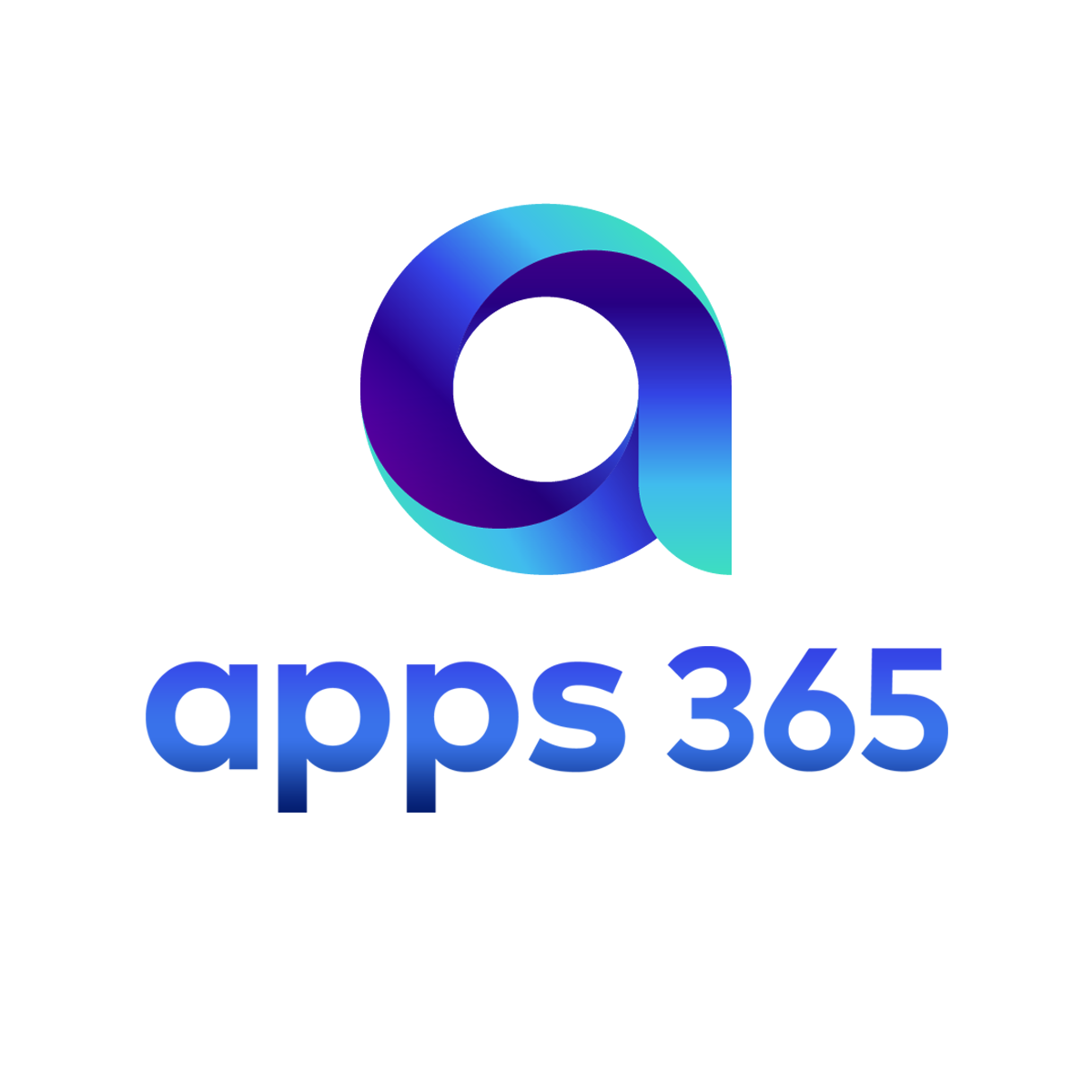

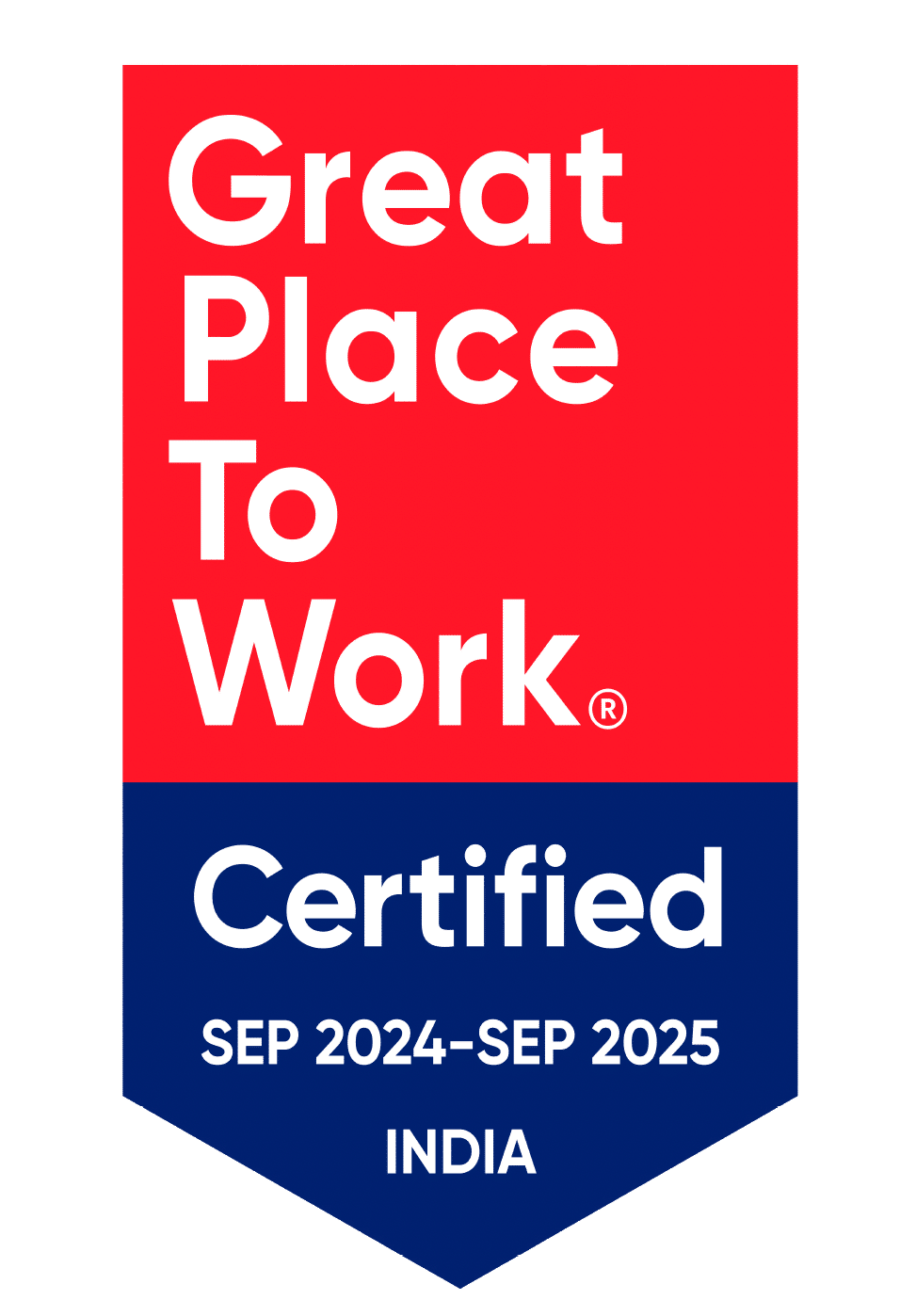





_Rapo0hRMBy.png)










